
Are you looking for comprehensive dental services for the entire family in Coffs Harbour and Woolgoolga, NSW? Look no further. At Magic Smiles Dental and Implant Centre, our talented team of cheerful and conscientious dental professionals is eager to go the extra mile for your family’s smiles. Continue reading to meet our knowledgable, ethical general dentists, orthodontists, oral surgeon, and denture prosthetist.
Dr. Arpit Pathak, General Dentist
With a widespread, well-rounded background in public health, research, and dentistry, Dr. Pathak cares for our patients by applying sophisticated dentistry techniques and technology.
Dr. Pathak speaks Hindi (as well as English).
Dr. Devendra Rao, General Dentist
After decades of lecturing and working as a general dentist in both the private and public sectors, Dr. Devendra Rao has settled in our local community to provide patient care. Dr. Rao stays family with contemporary treatment, equipment, and materials by attending conferences, hands-on workshops, personal study, and visiting consultants.
Dr. Rao speaks Hindi (as well as English).
Dr. Aashish Kaphle, General Dentist
With over a decade of experience, Dr. Aashish Kaphle offers all aspects of general dentistry, particularly interested in minor oral surgery and root canal treatments. Dr. Kaphle finds passion in understanding the most advanced progressions in general dentistry, orthodontics, and cosmetic dentistry.
Dr. Kaphle speaks Hindi and Nepali (as well as English).
Dr. Tiffany Huang, Orthodontist
Dr. Tiffany Huang is responsible for helping our patients obtain their best smiles. Over the past 24 years, she has accumulated a wealth of knowledge and experience, as well as an outstanding education:
- Bachelor of Science (Honours): The University of Western Australia
- Bachelor of Dentistry: The University of Sydney
After receiving two bachelor’s degrees, she took a step further and accomplished a double doctorate from the University of Sydney:
- Doctor of Clinical Dentistry (Orthodontics)
- Expertise in Orthodontic Research (Ph.D.)
Today, she is enthusiastic and dedicated to treating patients of all ages with approachability and ethics.
Dr. Huang speaks Hokkien and Mandarin (as well as English).
Dr. Mohammed Mansour, Oral & Maxillofacial Surgeon
With a background in ENT, Dr. Mohammed Mansour extended his education to chase his passion: Oral and Maxillofacial Surgery. Since graduating from Sydney University with an Honours Degree, being awarded the prize for competency, and completing maxillofacial specialist training, Dr. Mansour performs all aspects of oral and maxillofacial surgery and educates dentists-in-training and general dentists about his specialty.
Harry Ramana, Denture Prosthetist
With extensive experience in American, Canadian, and Australian dental labs, Harry Ramana provides all dentures services for our patients. In 2008, Ramana completed his training in dental technology and continued his courses at Sydney Dental Hospital four years later to become a certified dental prosthetist.
Ramana works alongside our dentists to:
- Take impressions for patients
- Fabricate brand new full and partial dentures
- Repair and reline existing dentures to extend their lifespan.
To stay on top of his craft, Harry Ramana continues his education through dental conferences.
Meet our Dentists in Coffs Harbour and Woolgoolga
At Magic Smiles Dental and Implant Centre, our family of dental professionals are here to help your own family achieve a healthier, more radiant smile. To meet with our dedicated team, contact us online or call one of our many New South Wales offices:
- Coffs Harbour: (02) 6652-3242
- Woolgoolga: (02) 6654-0650

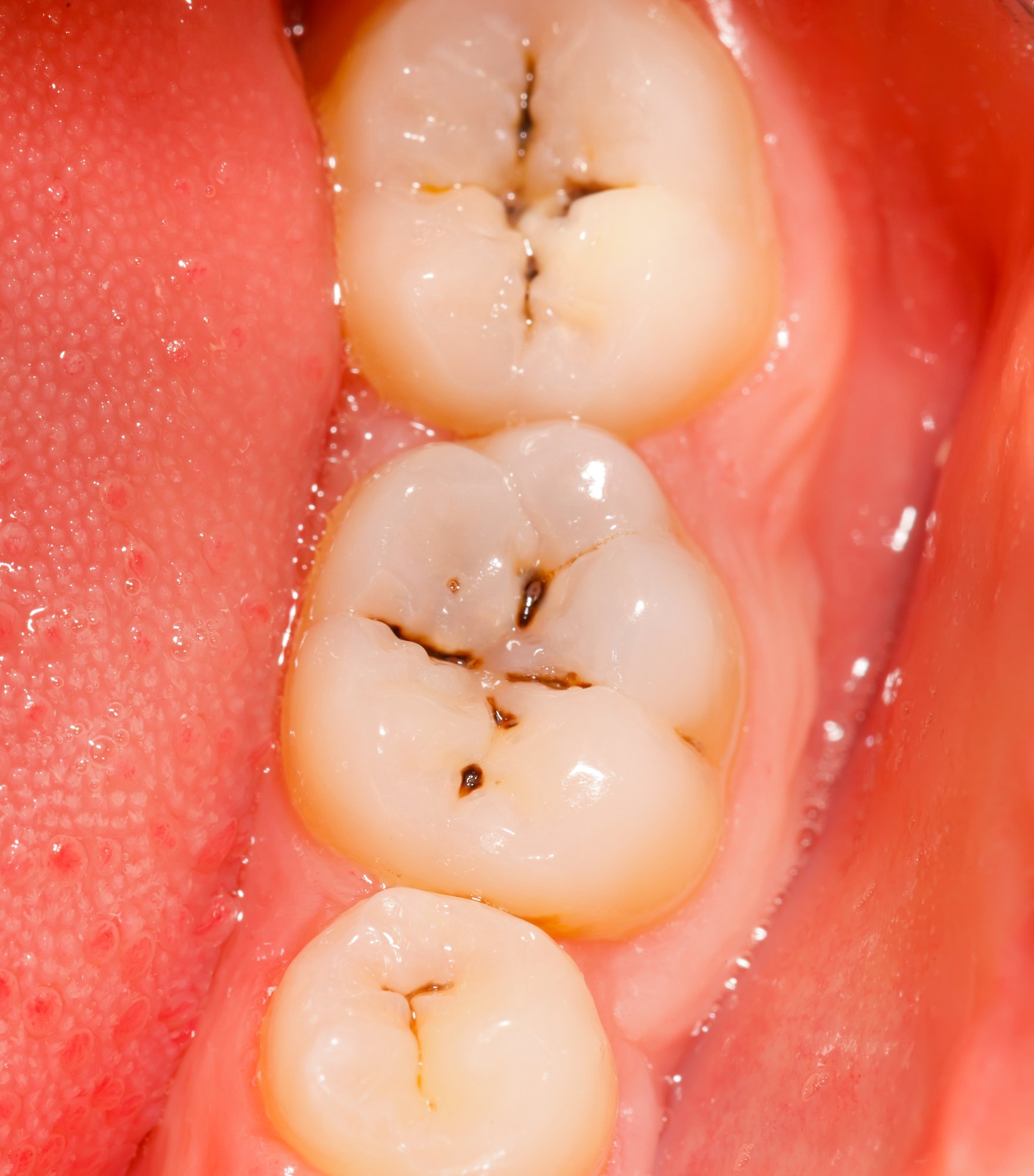
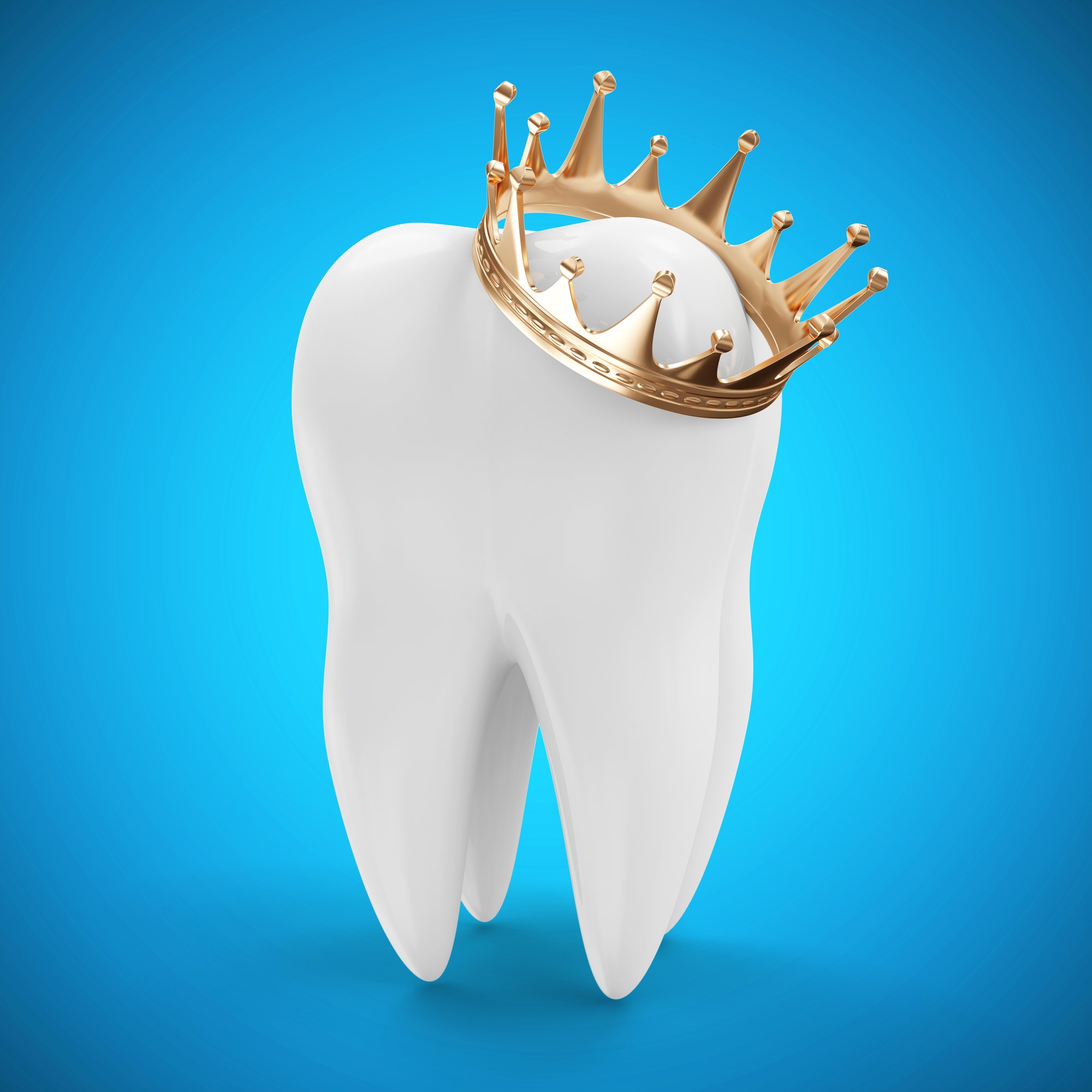



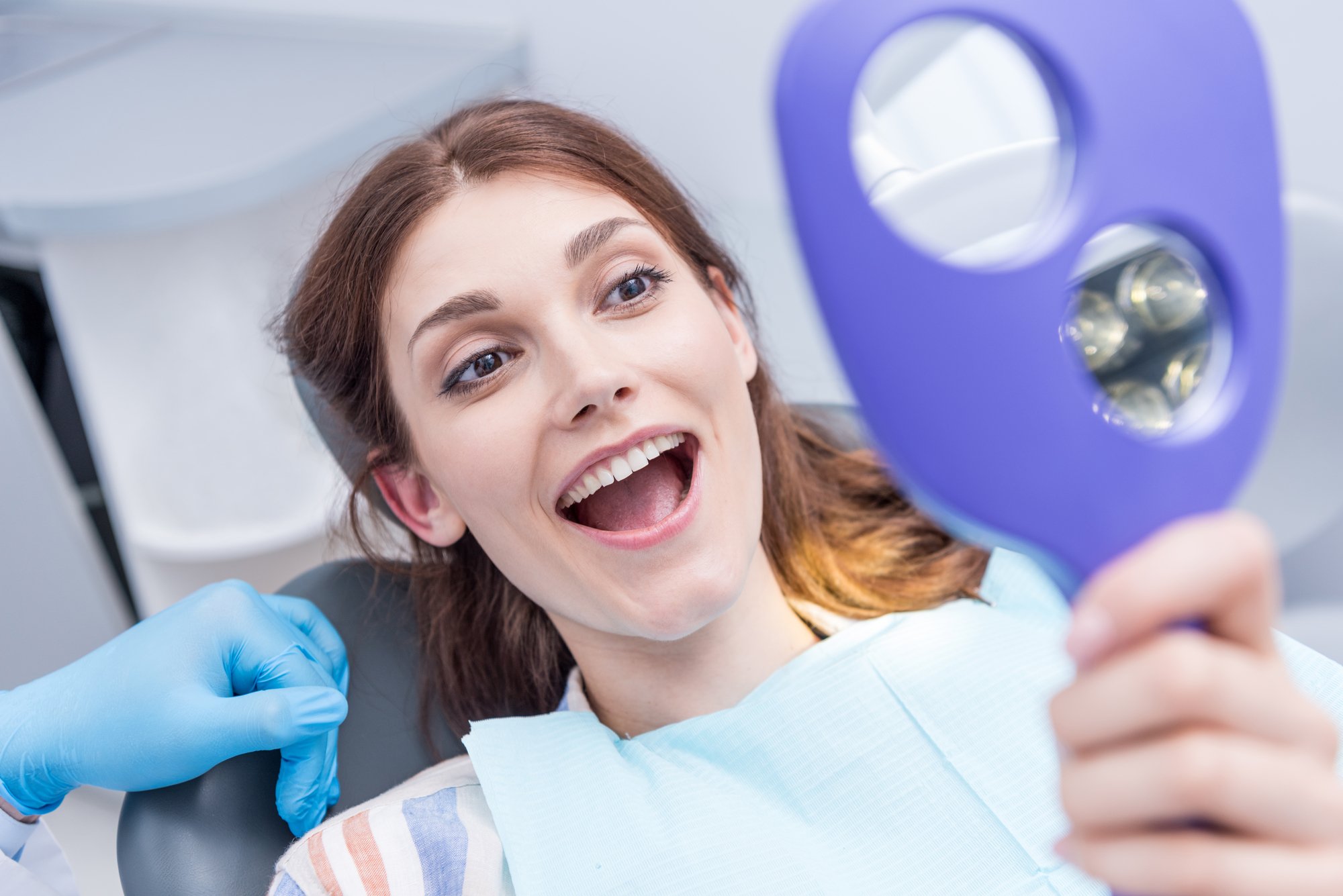

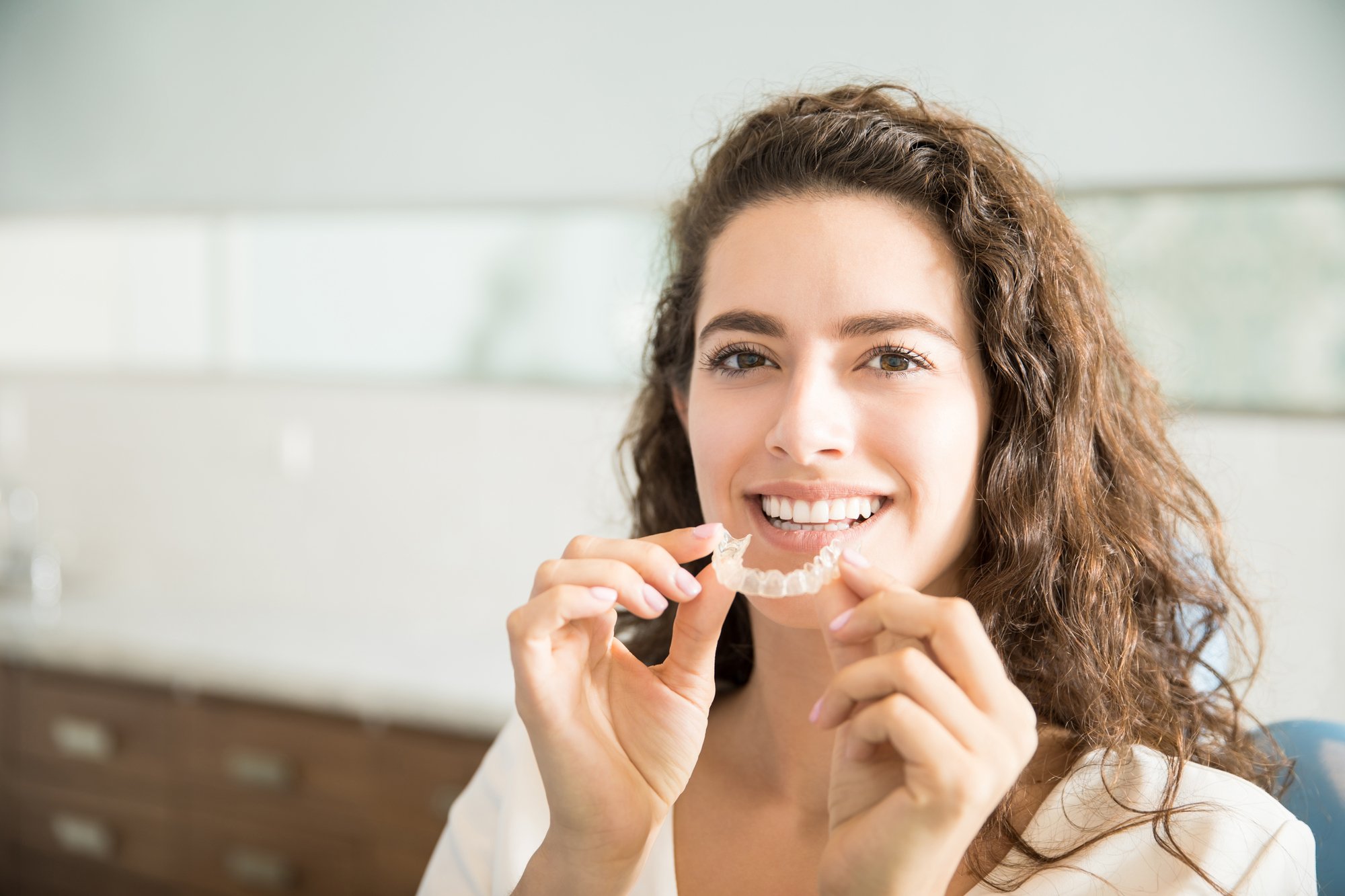
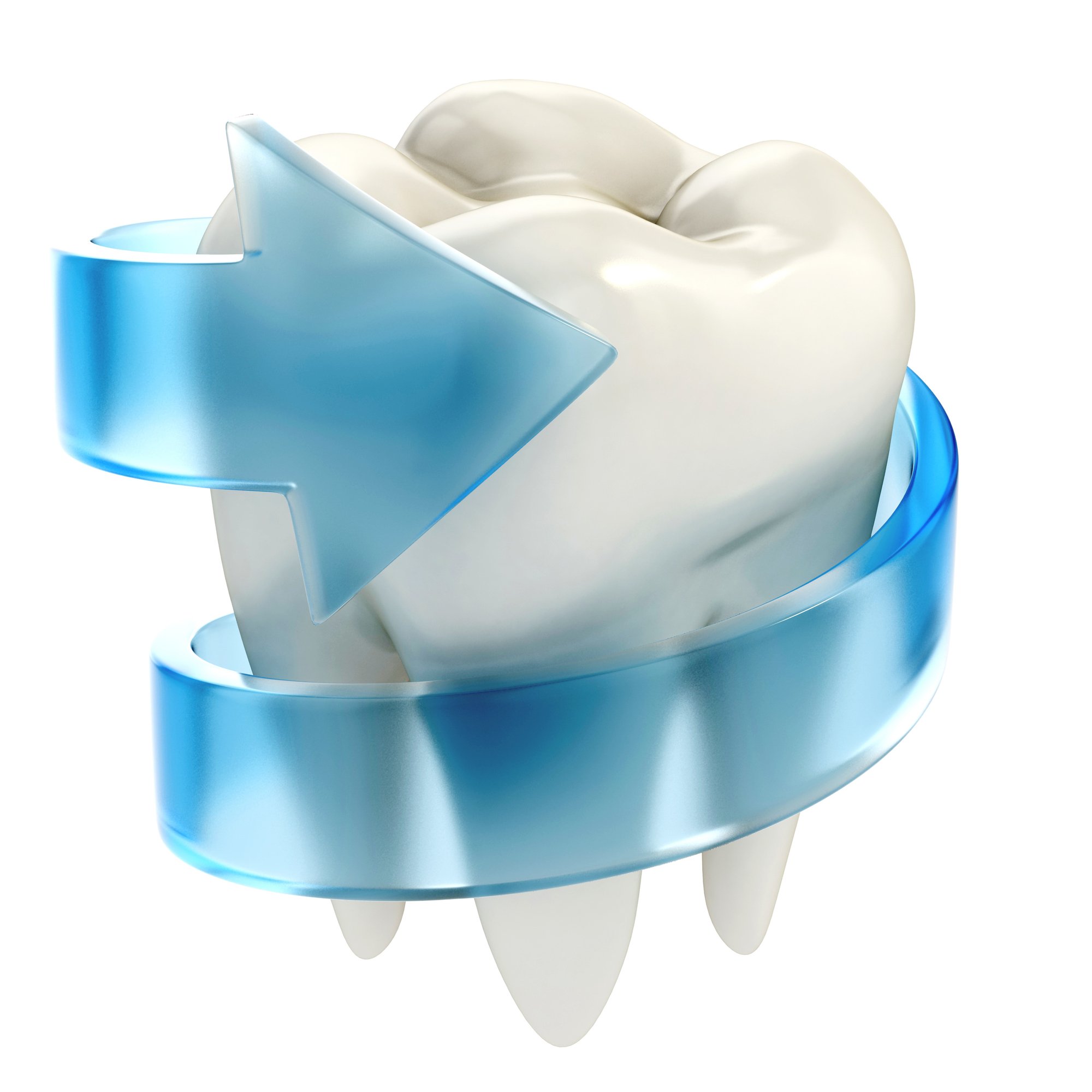


Recent Comments